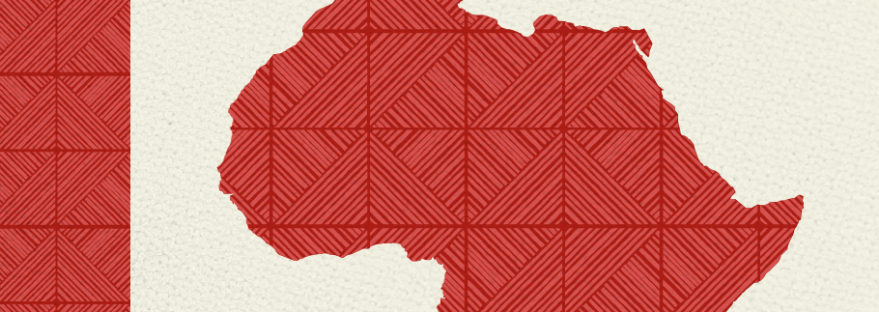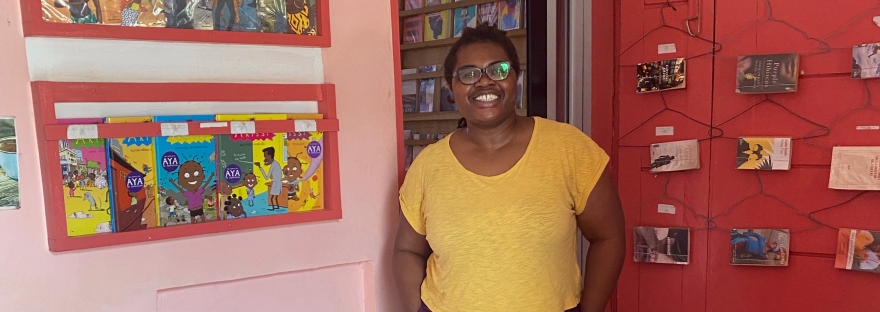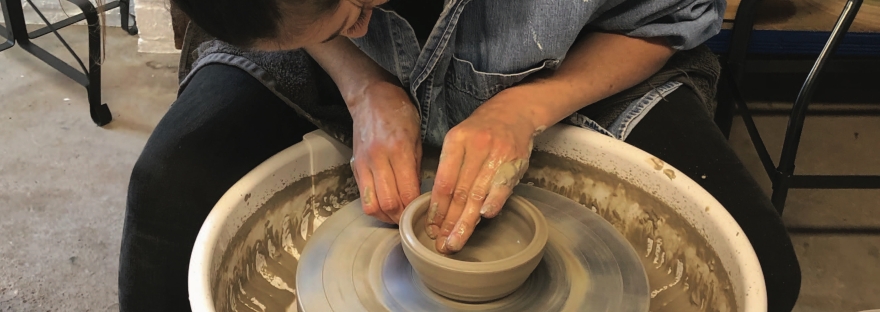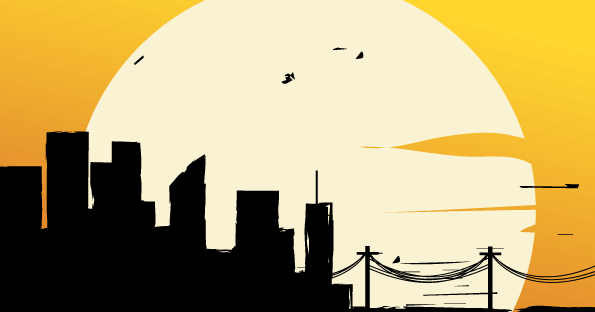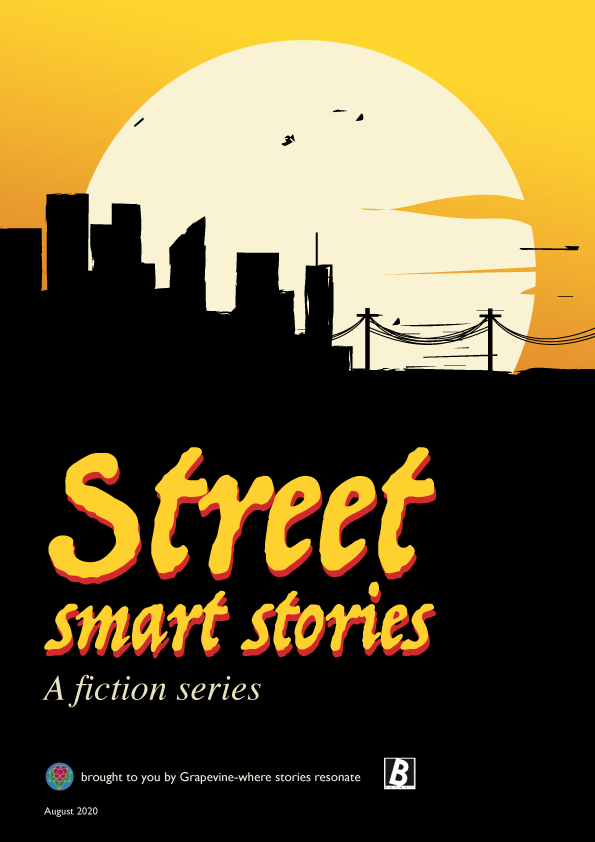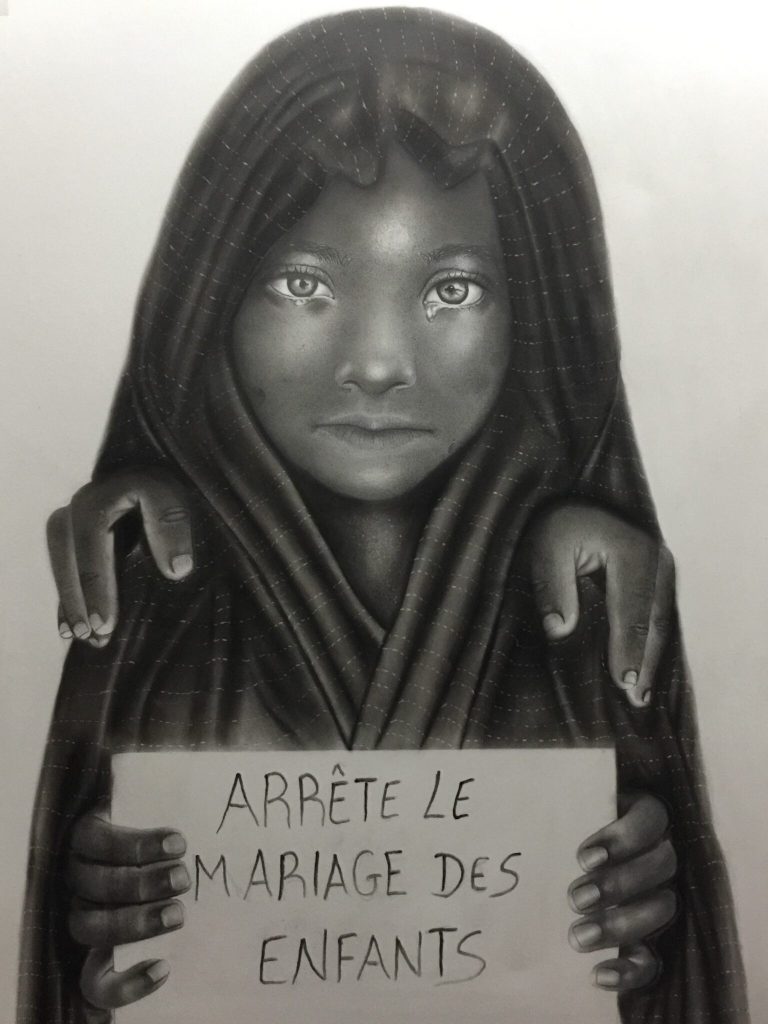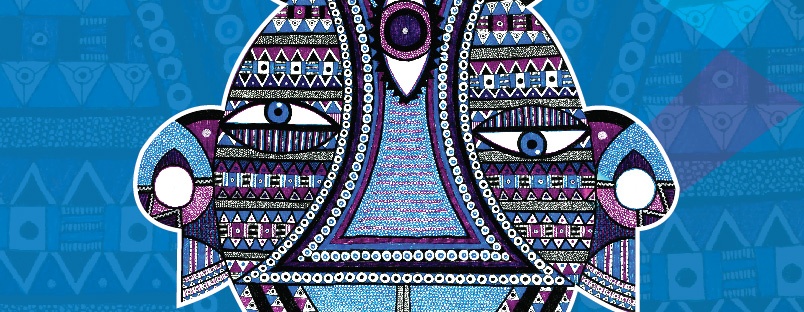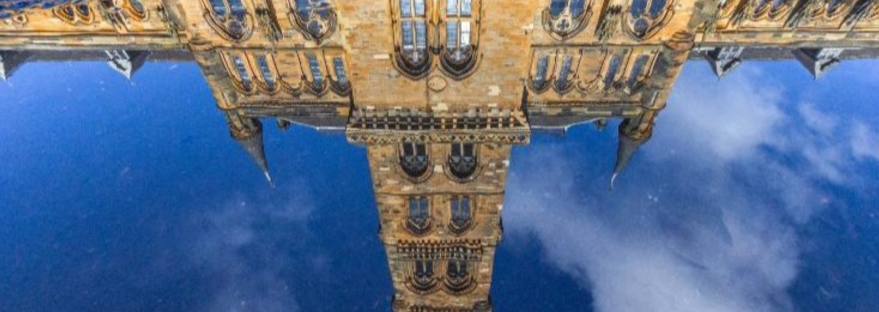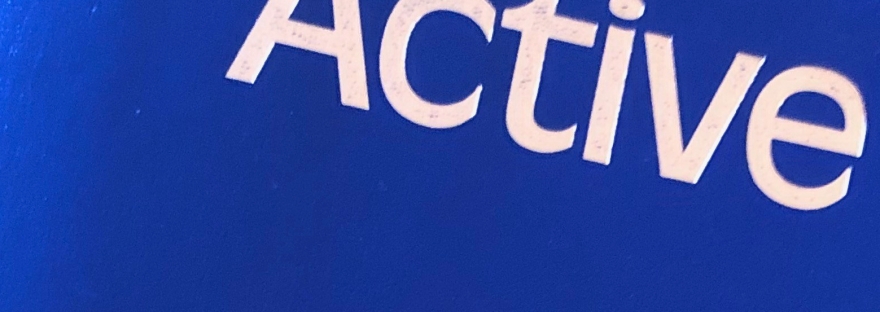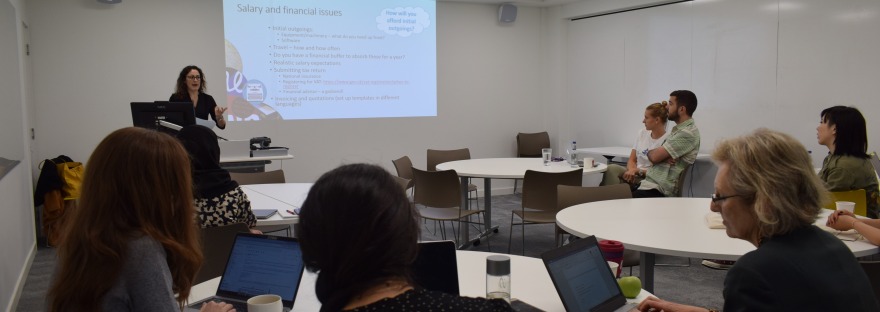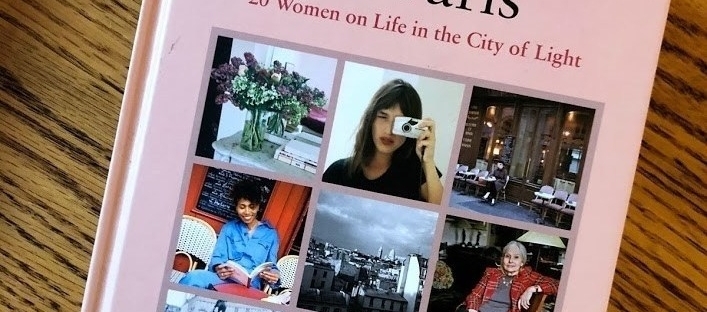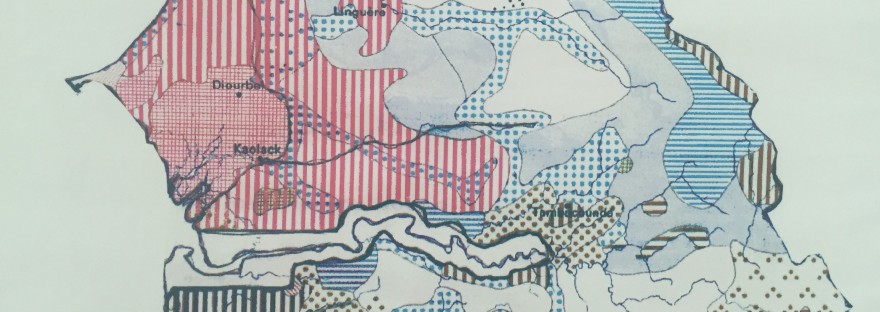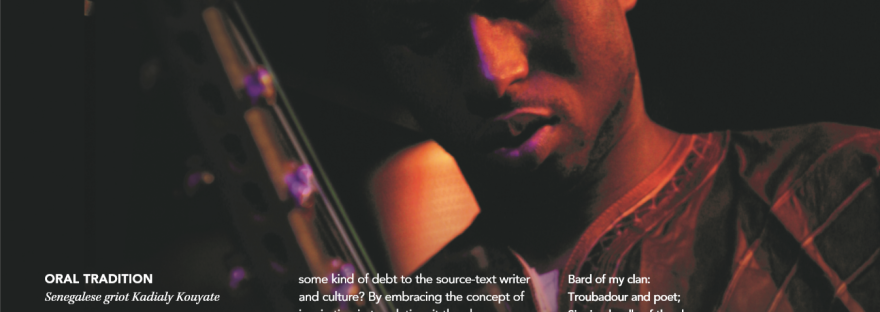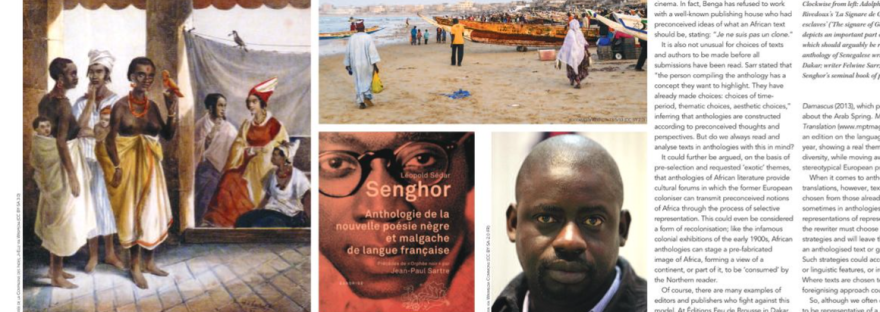Translating the resistance poetry of Laura Boullic for Active Art (Paraguay Press, 2019) was a highly rewarding experience for me on so many levels. Firstly, the story behind the collection of writings and images is a fascinating one: the publication was inspired by the 1923 Active Art manifesto by Latvian philosopher, Andrejs Kurcijs and the collection of diverse texts and images all respond to that essay and the notion of activism through writing and image. Secondly, the team behind the publication were inspiring in themselves. The Editors, Joachim Hamou, Maija Rudovska and Barbara Sirieix were incredibly passionate about their work and the work of the contributors, describing to me in detail the history, development and production of the book. They were hugely invested in the project; this inevitably rubbed off on me. Their philosophy on writing also extended to the translation project I was given, embracing translation as a creative, and also active, process that doesn’t always need to adhere rigidly to each word or grammatical construct when you’re aiming to create something new that’s just as clever stylistically as the source text. Laura’s work, entitled Ainsi réunies/And so collated (around 5,000 words), was made up of extracts of poetry, essays, messages, notes, and her clever use of language, innovative style, and unusual structure and layout provided a whole host of exciting new translation challenges.
I spent a long time trying to find solutions to translation puzzles that I hadn’t encountered before. Boullic would use punctuation to convey multiple meanings to a single word, so “s’avoir”, for example, to convey both the idea of knowledge and belonging. If I couldn’t replicate exactly the same structure, I would try to still find a solution in fitting with Boullic’s wider strategies. I gave myself a higher level of creative freedom than usual, rather like Boullic. So, “s’avoir” became “k’own’ledge”. Sometimes, I had to change a word entirely but look at the layers of meaning it seemed Boullic was trying to convey. For example, “en puissance – en – puisant du sens” became “potential – shall – be potent”. Yes, different, but in keeping with Boullic’s narrative. She also used exponents, so dédiéeiddéée, meaning “dedicated” was raised to the power of the idea, the latter being a misspelt anagram of the former. Impossible to translate this word for word, though I needed to keep the concept of ideas, the anagram, the misspelling. Being dedicated to those ideas is also helping us to be active, so ideasaides eventually came about. I was pleased when I landed on the solution for “égal à mon oui (ouïe, nom)”: “equal to my yes (aye, know)”, and the sounds of certain words and phrases also took up a lot of thinking time:
“C’est peut-être un recueil. Ceci, ou c’est peut-être un essai.
Laissée de poèmes.”
“Perhaps it’s a collection. This, or perhaps it’s an essay.
Let’s say poems.”
Those eureka moments when you finally come up with a solution you are happy with are incredibly satisfying. Boullic’s emphasis on gender was also quite pronounced in places and I did play with this quite a bit. My favourite solution would be the following:
“comme je pense à la guerre
aux guerres qui se pourraient dénouer
si long
tous.setoutes”
In English:
“as I think of war
of wars that could be dismissed
so long
all.fe.males”
Adding in the reference to alpha males seemed in keeping with Boullic’s stance but did add something different to the translation. And that’s translation… Wonderfully, Laura and the editors agreed. Laura really embraced my ideas and we also had a few interesting and fruitful discussions in the editing process, which was really enlightening. As a whole, working with such an inspiring team that took writing and image to a new, active place, meant I had one of the most fulfilling translation experiences to date. And the crazy translation puzzles meant those breakthrough moments, when I came upon a solution, felt even more rewarding than usual.
If you would like to read my translation of Laura Boullic’s work and contributions from the editors plus Eva Barto, Robert Glück, Ainārs Kamolinš, Bella Marrin, Rebeka Põldsam, Evita Vasiljeva and a 1987 essay by James Baldwin, you can purchase the book from Paraguay Press. The collection also includes the work of Latvian Translator, Ieva Lesinksa.
Active Art was produced in collaboration with Kim? Contemporary Art Centre in Riga and sponsored by the Fondation d’Entreprise Ricard in Paris, the Latvian Ministry of Culture, Latvia 100, and the Latvian State Culture Capital Foundation.

